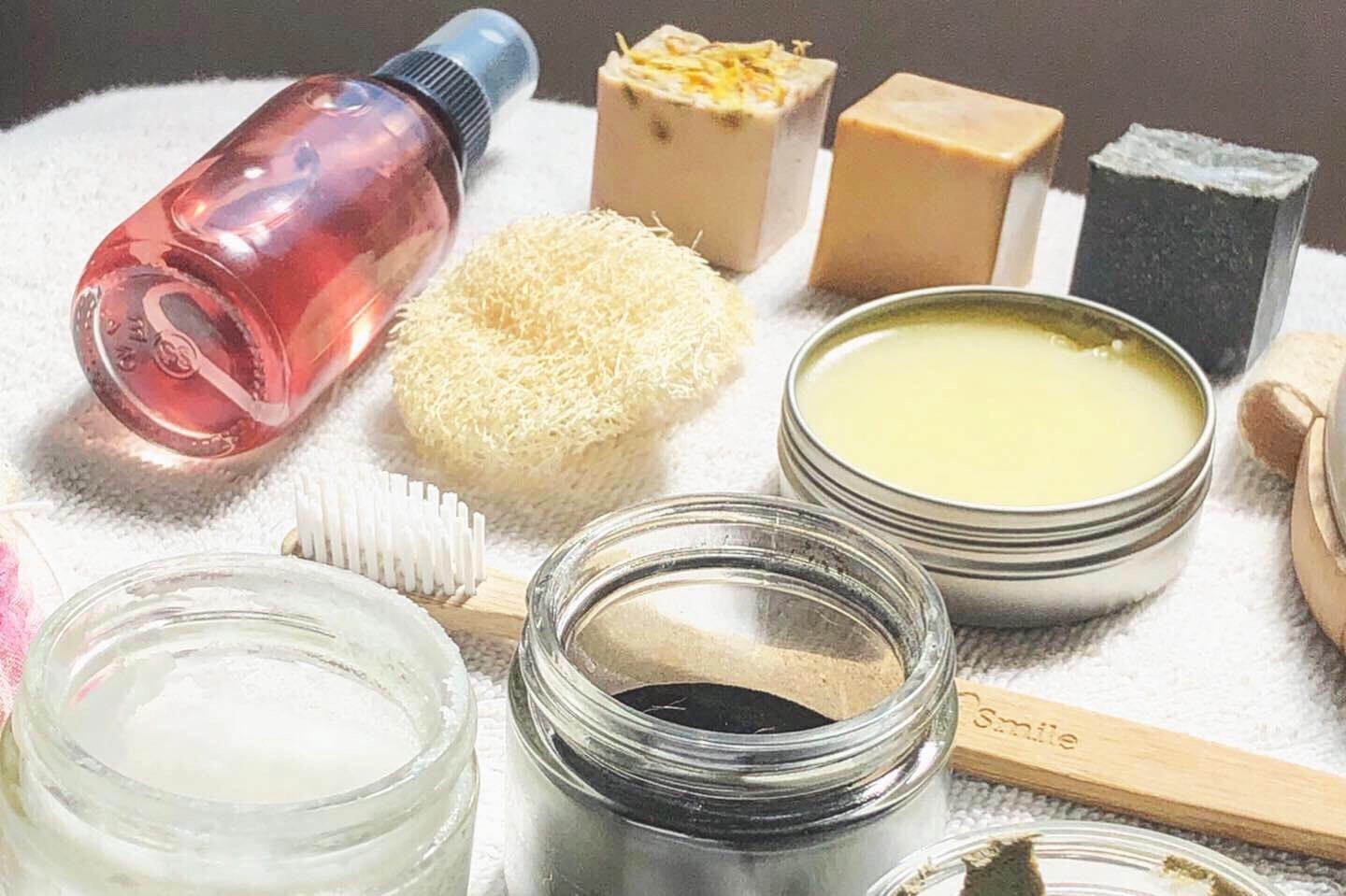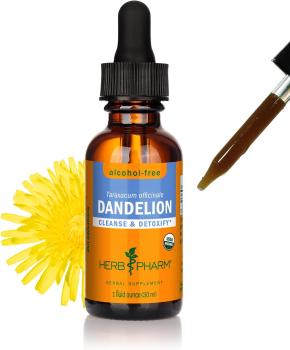Winter Skin Ailments & Remedies

Photo Credit: Dana Cutolo
Winter is cold and dry, which means we need to switch up our wellness routines to focus on hydrating, supporting our immune system and refreshing our skin care routine.
Winter Skin Care
This time of year our skin care routine is essential because our skin retains less moisture causing a build up of dead skin cells. On top of our outer complexion suffering, we’re more prone to illness in the winter because we are hydrating less. Dehydration and stagnation cause breakouts and generally dull winter skin. While that might not seem like a big deal, alligator skin causes a host of issues that are easily fixable.
As an esthetician, winter means my clients tend to have a dull patchy complexion, visible fine lines, flaky skin and more ingrown hairs. Switching up your self-care routine in the winter can be a fun way to get creative by adding herbal infused oils, botanical powders, butters and more. My favorite winter ingredients are hemp seed oil, grapeseed oil, olive oil, rosehip seed, green tea, rosemary, hyaluronic acid, olive, carrot, comfrey, licorice, algae, seaweed, rose, burdock, dandelion, turmeric and oats.
Three Key Ingredients for Healthy Winter Skin
Okay, so let’s dive into the three most important topics for winter skin ailments.
For winter we want to focus on:
- Hydration
- Exfoliation
- Moisturizing
Hydrate Winter Skin from Within
Hydration is essential for clear skin and overall health. Our body naturally fights illness and detoxifies daily, and being fully hydrated helps your body with these processes. I love sipping on herbal tea and broth throughout the day, these are my favorite recipes.
All of these aid the immune system and by default improve complexion, too!
-
Water with Herbs or Fruits for Skin Hydration
- Basil and lime: cleansing
- Mint: digestive aid
- Aloe vera: digestion
- Hibiscus: because it’s delicious and filled with antioxidants!
- Green tea: energizing and immune supporting
-
Warm Tea for Immune Support, Circulation + Hydration
- Chamomile + Calendula + Licorice root + Honey: soothes throat, hydrating, soothes digestive tract + good for ulcers
- Ginger + Honey + Lemon: Stomach, digestion, hydration
- Green Tea + Brown Rice: Anti-oxidants and hydration
- Cacao + Coconut Milk + Kava kava: magnesium, calming, soothing, anti-anxiety, sleep aid
- Mushroom elixir: cinnamon, reishi, chaga + cordyceps powdered with warm coconut milk and honey.
Renew Winter Skin with Exfoliation
Exfoliation is skin renewal, removing the dead skin cells is anti-aging, rejuvenating, and reduces ingrown hairs (especially if you’re removing hair!). Exfoliation provides a clear canvas so your skin can breathe essentially, and it should be done at least 3x per week.
Two Types of Exfoliation
-
Manual Exfoliation
This is done with a brush, mitt, cloth, scrub or anything gritty.
-
Facial Exfoliation
Always use a fine grain on your face, like clay, fine botanical powders like turmeric or flour.
-
Body Exfoliation
Dry brushes, clothes, gloves or coarser grain products like sugar, salt or coffee.
-
-
Chemical Exfoliation
Acids or enzymes can be used to aid in exfoliation by breaking down the bonds between the dead skin cells.
Dana's Favorite Ways to Exfoliate
-
Dry Brushing
Do this before you shower by taking the dry brush and swiping gently over the skin, towards the heart for circulation. I start with legs and work my way up towards arms. I skip the chest and face since those are sensitive areas prone to reaction. Gently brush to avoid irritation. This step will push off most of the dead skin and increase circulation.
-
Exfoliation Mitt
You can use an exfoliating glove, mitt or washcloth as long as it’s gentle! A glove/mitt is more effective than a scrub used alone because it’s uniform; some scrubs can be too coarse for some body parts like the bikini region.
-
Scrubs
You’ll need different levels of coarseness for the body and face. For the body you can use: coffee, salt, sugar, botanical powders, etc. Coarse grains are fine for the body generally. Scrubs for the face can include, fine grain botanical powders, or brown rice flour.
Moisturizing Winter Skin
Moisturizing is an obvious step for winter skin care, yet it’s often overlooked or forgotten. Many of my clients actively admit that they don’t moisturize daily… it’s a thing!
This is another step in which you can use different products or ingredients per body area.
Moisturizers for Facial Care
The face requires lightweight, non-clogging or “non-comedogenic” oils, serums, or water-based lotions. You can use the same products for face and other sensitive areas like chest, neck, and also bikini (since this area is prone to ingrown hairs and dead skin buildup).
I use moisturizing or non-drying ingredients in each step of my face care routine, especially in the winter. In my daily routine, I generally follow this regimen:
- A moisturizing balm for makeup removal
- A gentle non-stripping facial bar for cleansing
- Rosewater and witch hazel based toner, or a hydrosol
- A serum
- A lightweight oil like grapeseed, jojoba, meadowfoam, hemp, etc.
- For normal to dry skin types, you can finish with the balm to lock in the oils. If you’re prone to oily skin, acne or breakouts then you patch test this step, or skip it!
Moisturizers for the Body Care
The body can handle most moisturizers, heavy or lightweight, *except the bikini/groin area* I use a blend of oils, or any herbal infused oils I create. Ingredients like grapeseed, hemp seed, olive oil, baobab, shea, coconut oil, etc. Here’s a tip if you’re prone to forgetting this step, put your oil in a small spray bottle in the bathroom and spray on after you dry!
Dana Cutolo
Dana Cutolo is an herbalist, esthetician and conservation biologist focused on sustainable beauty + wellness. While working in the field, she saw the devastating effects of deforestation first hand, and realized that our decisions as consumers are incredibly impactful; so, she created Ny’Ala as a way to offer a clean and sustainable products and a way to contribute to reforestation.
Don't Miss a Thing!
Get the latest articles, recipes, and more, when you sign up for the tasteforlife.com newsletter.

